Rachel Zegler believes fellow Juliet, Francesca Amewudah-Rivers, did not receive enough support from the makers and cast of the London West End production of Romeo and Juliet, which included Hollywood superstar Tom Holland, playing Romeo opposite the rising theater star.
In March of this year, Amewudah-Rivers was subjected to a vicious hate campaign for her looks and the color of her skin after landing the role of Juliet, despite being recognized as one of the most promising young talents in Britain.
Zegler was one of the first and few high-profile stars to defend the 26-year-old, which, although was welcomed, was unsurprising considering how often she has stood up for fellow women in the industry and how she has herself been subjected to the same kind of treatment from the internet when she was picked to be Disney’s live-action Snow White. We would later find out that Zegler had also been cast as Juliet, but for a Broadway play alongside Heartstopper‘s Kit Connor.
The two stayed in touch, the West Side Story actress revealed in a cover story for Teen Vogue. After all, they had a lot in common. “I just shot her a DM saying, ‘Hey, I think you’re the greatest,'” Zegler recalled. In April, a few days after the announcement of Amewudah-Rivers’ casting, the Golden Globe nominated actress posted a photo of her counterpart’s Romeo and Juliet poster, captioning it with a simple “period.”
While Zegler revealed Amewudah-Rivers thanked her for her support, she says she didn’t have to. “It is basic human decency and basic kindness,” the 23-year-old stated, while arguging that her fellow Juliet had been “failed by the people around her.”
You need to protect people when you make a vow to cast them in something where you know— you can’t act stupid, you know how the general public is going to act because they’ve been acting that way for years. (…) You need to move quickly and make sure that she is protected. I’ve never seen such heinous things said about a person before than [I did about] her. It took absolutely nothing out of me to shoot out a tweet saying that she was my Juliet.”
Those reading the interview felt this could apply to Holland, who stayed silent about the ordeal for months. He eventually gave a statement to British Vogue in June where he praised his co-star’s “ability to let the work do the talking” and spoke of how much he admired “her strength and resilience.” He never used his individual social media platforms to express solidarity.
Soon after the show closed, Amewudah-Rivers finally opened up about her experience, confessing that she did not feel safe on stage most nights. She told The Stage that she received hate mail and death threats throughout the three-month run and called for theater companies to work towards building “an infrastructure of support.”
These kinds of relentless hate campaigns that mobilize everyone looking to cash in on a trend across multiple social media platforms have become increasingly common in the last few years. While they can affect everyone, regardless of gender or ethnicity (recent examples include Liam Payne or Blake Lively), they’re often much more unwarranted when it comes to women, and particularly women of color.
To end up on the receiving end of these vicious tirades, a man must typically do something truly despicable like sexually assault someone, while a woman is usually targeted for simply being opinionated or, in Amewudah-Rivers’ case, for simply existing.
Stars like Zegler, Connor, or, on a biger scale, Taylor Swift, are being driven off of social media. Being open and interactive with fans the way celebrities used to be when the internet first took over our lives is no longer a possibility. The only way to truly survive the oft-arbitrary, easily swayed and erratic public opinion is to tune it out completely. Fandom culture is as good as dead as a result, but these artists are human and they deserve to protect themselves.

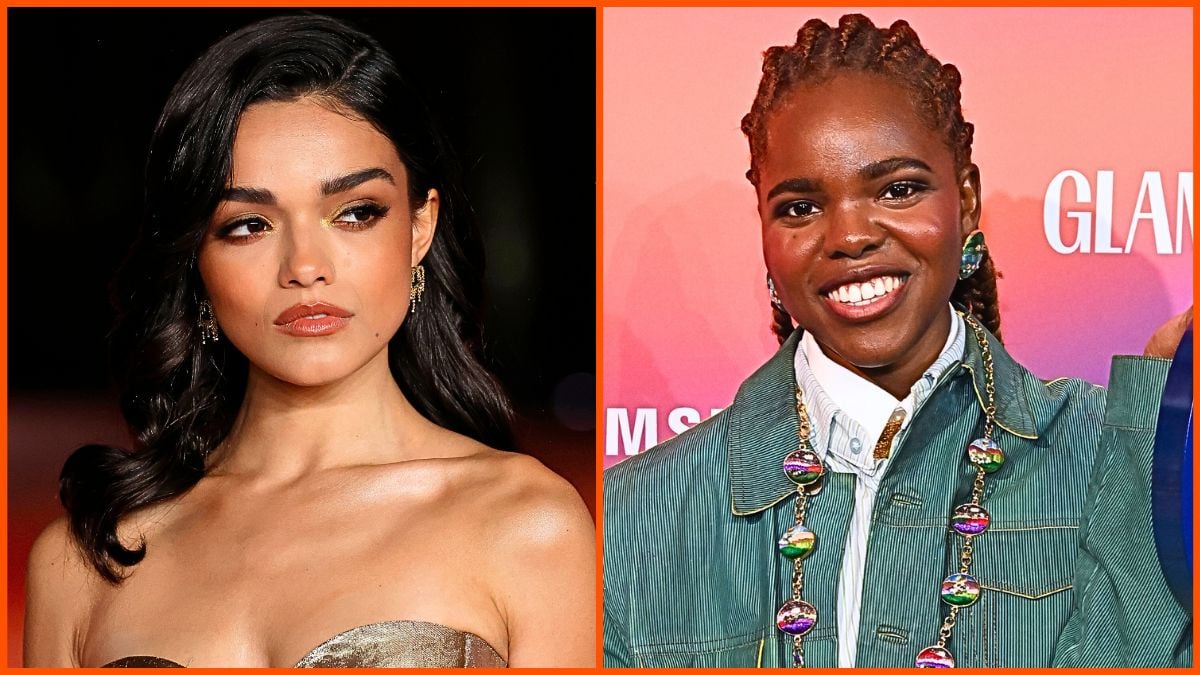
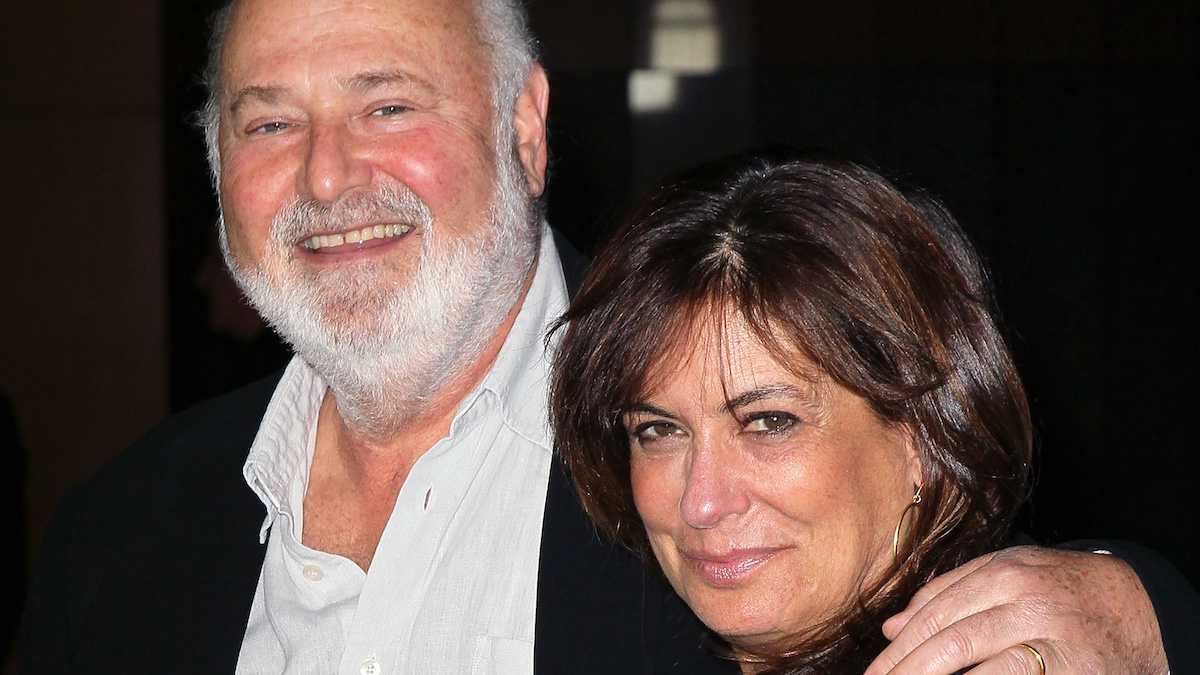
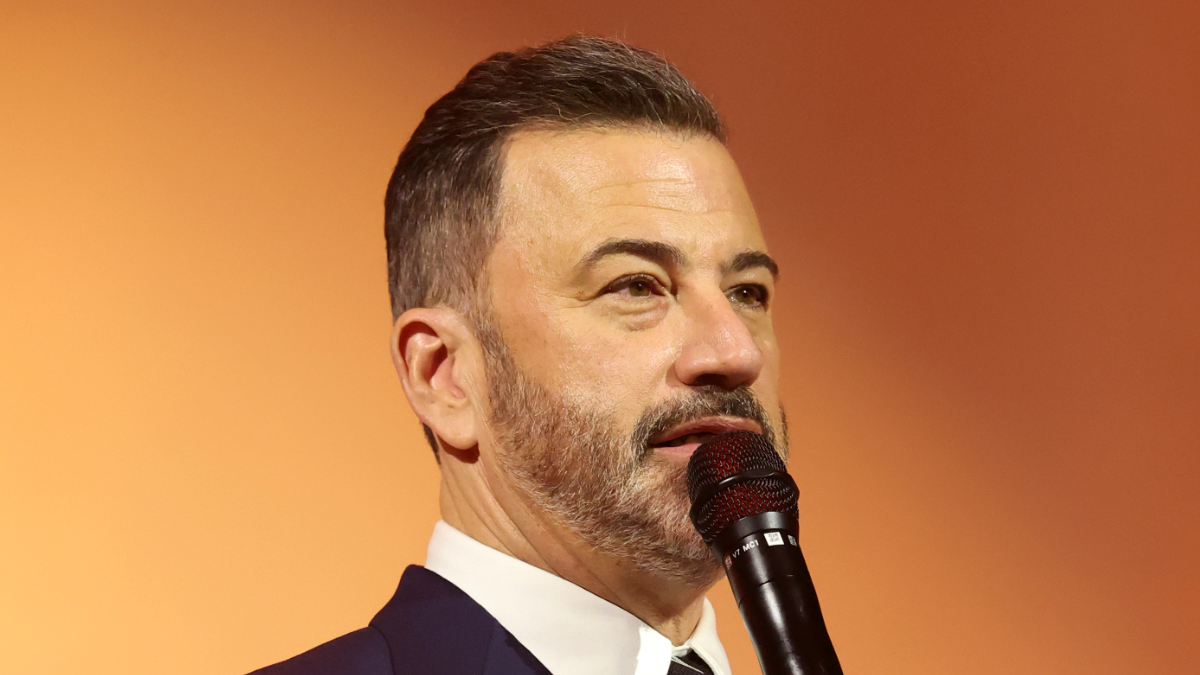
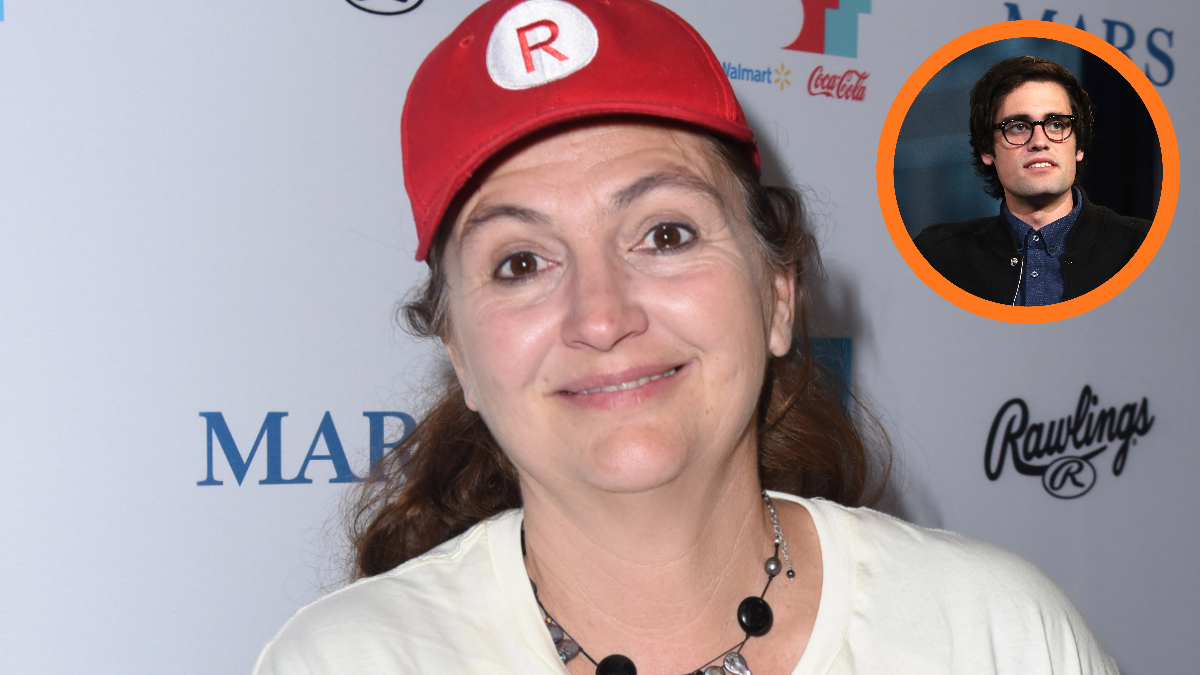


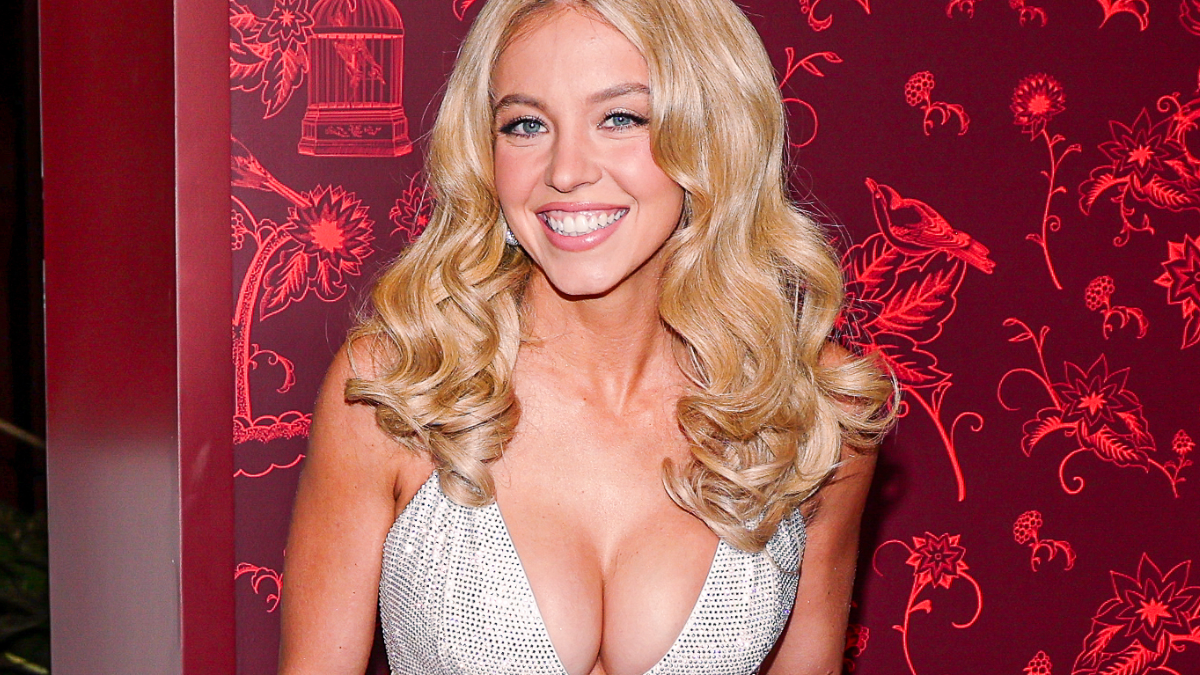

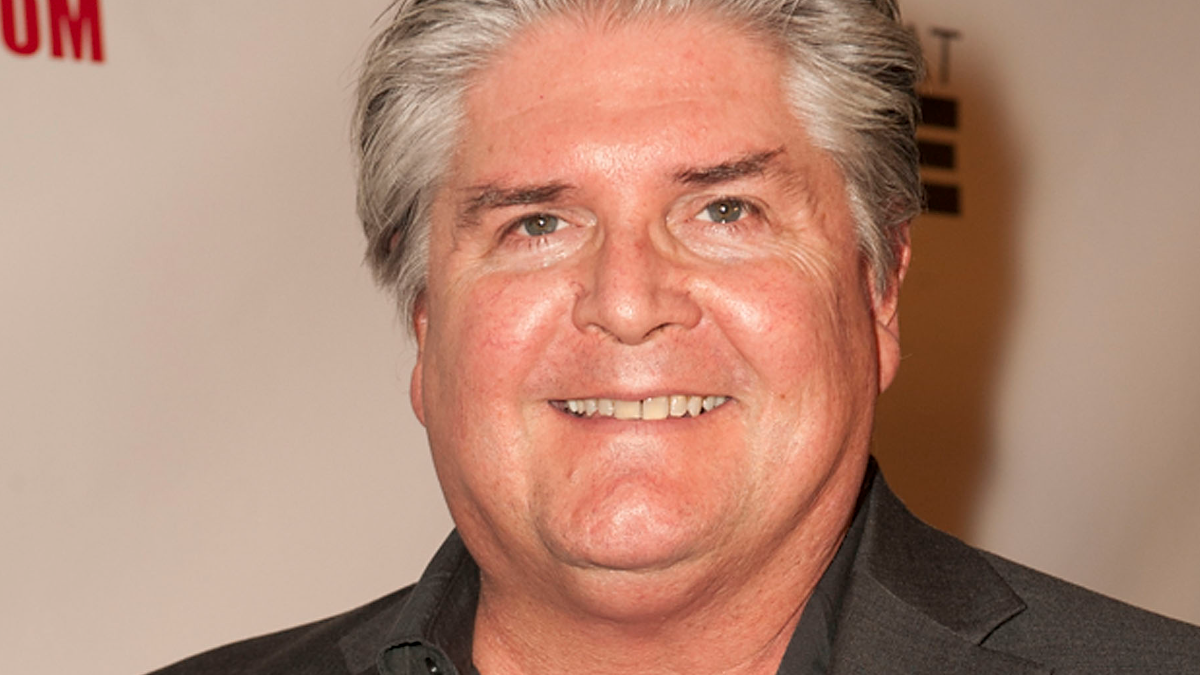

Published: Oct 23, 2024 04:48 pm